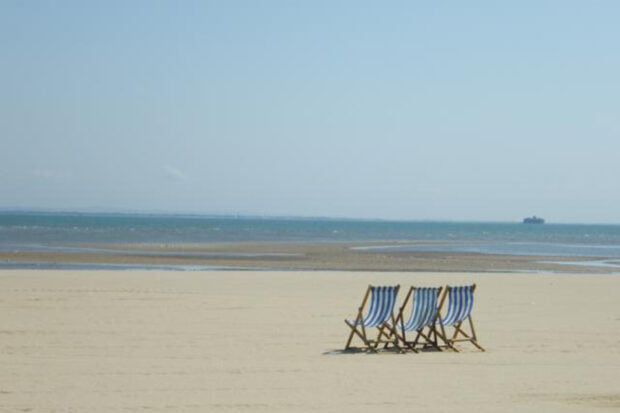Evidence specialist Aisling Lannin looks at newly published reports for marine planning.

Marine planning for the seas around England will not only consider the environment and industries which rely on such an important resource, but also the social and economic benefits for people living around our coastline and further inland.
Most of us will have used building materials, energy and food that come from our waters, and thousands of people in coastal communities depend on our marine area for their work and leisure activities.
At the MMO, social and economic evidence along with environmental information is very important to developing and implementing marine plans. This helps us to develop a picture of the people that use and enjoy our seas, and also set a 20-year marine plan vision for each area.
We have been working on four social and economic evidence projects which are now publically available. Many marine users have contributed to these, helping us ensure they take into account a range of views.
The social impacts and interactions report will be published today, and covers social evidence for all the major marine sectors, and will inform the sustainability appraisal so we can implement an ecosystem approach in planning.
We have worked on our Office for National Statistics (ONS) data project in conjunction with Marine Scotland. Accessing appropriate ONS information is important for marine planning and now we can make more use of economic and social information gathered and analysed nationally.
The monitoring social outcomes of marine plans report highlights a framework and indicators to be used to assess the effect – and success - of social marine plan objectives. It will also be a useful framework for constructing policies that can be monitored for their impact.
We have also produced guidance for MMO staff to support decision making on marine plan policies on socio-economic impact assessment and assessment of impacts on tourism, seascape and landscape. This will assist with plan-led management. A report detailing the information summarised in these desknotes is now available for anyone to read.
We hope that by publicising this evidence work we can highlight some of the important social and economic evidence we consider, and the project recommendations also outline what further information would be useful so that others can work with us to improve the evidence base collaboratively in the future.
This evidence will be used in conjunction with previous MMO socio-economic projects listed under that theme in the MMO evidence register. This has covered coastal typologies, socio-economic data and analysis tools, economic baseline information, and sector specific work on tourism, recreation, shipping and seascape as well as extensive data gathering.
MMO is committed to sustainable development through marine planning and licensing by working toward an evidence base that improves marine management for the public and all marine users.